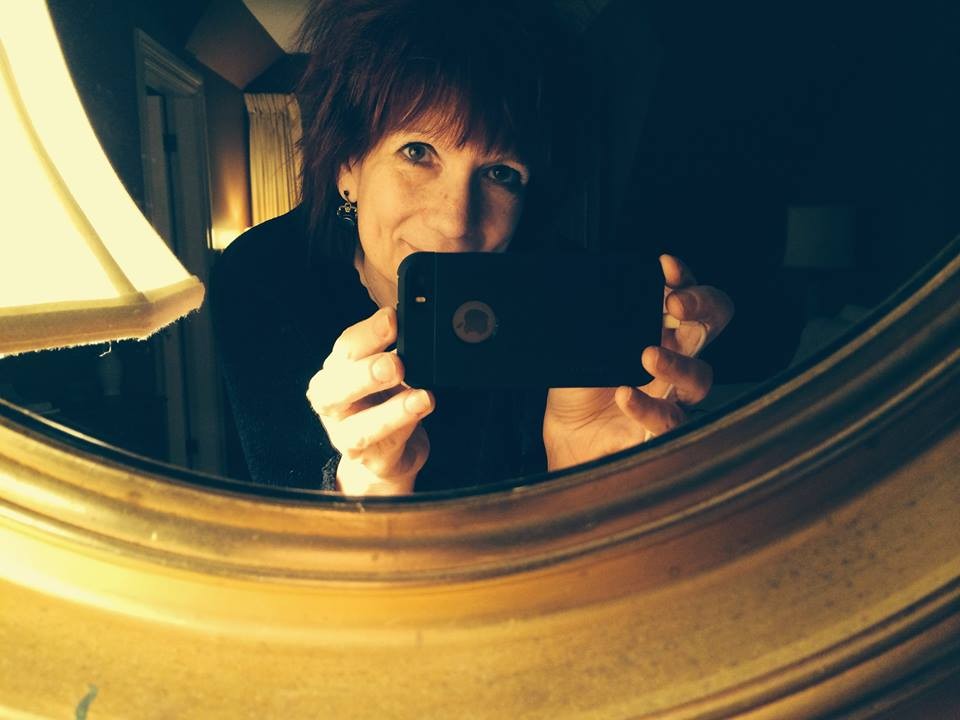We were lucky to catch up with Jeannette de Beauvoir recently and have shared our conversation below.
Jeannette, thanks for joining us, excited to have you contributing your stories and insights. Learning the craft is often a unique journey from every creative – we’d love to hear about your journey and if knowing what you know now, you would have done anything differently to speed up the learning process.
Learning to write is obviously a never-ending endeavor. I am a better writer today than I was a week ago, and I anticipate that a week from now I’ll have improved significantly as well. Understanding that “learning the craft” is a work in progress is enormously helpful, because it means you take every event, encounter, thought, and experience as part of your writing practice. You ascribe meaning to everything.
Understanding that also helps you slow down. My first novel was written on a typewriter. By draft three, I was getting sick and tired of it. You look at a typed page and you see a word midway down that isn’t *quite* right… but is it worth retyping the whole page to fix it? If you’re me, you’d say no, and move on. But those little “mistakes” add up. The advent of word processing allowed me to make those changes, to get precisely the right word in that space, but it also increased my speed, and speed isn’t necessarily a writer’s friend. I remind myself now that I’m so much more skilled than I was before, but also that I have an obligation both to my present self and to my future self to make this current work the best it can possibly be, to make it shine.
And part of making it shine doesn’t happen at the keyboard. Part of making it shine is breathing in the rest of life. Writers are never not attending to their practice; they’re always putting daily experiences into a creative context. Knowing that someday, somehow, there will be a poem or story that will need precisely that slant of sunlight, that manner in which a person speaks, even that headache. It’s all part of the practice.
It’s all part of learning the craft.
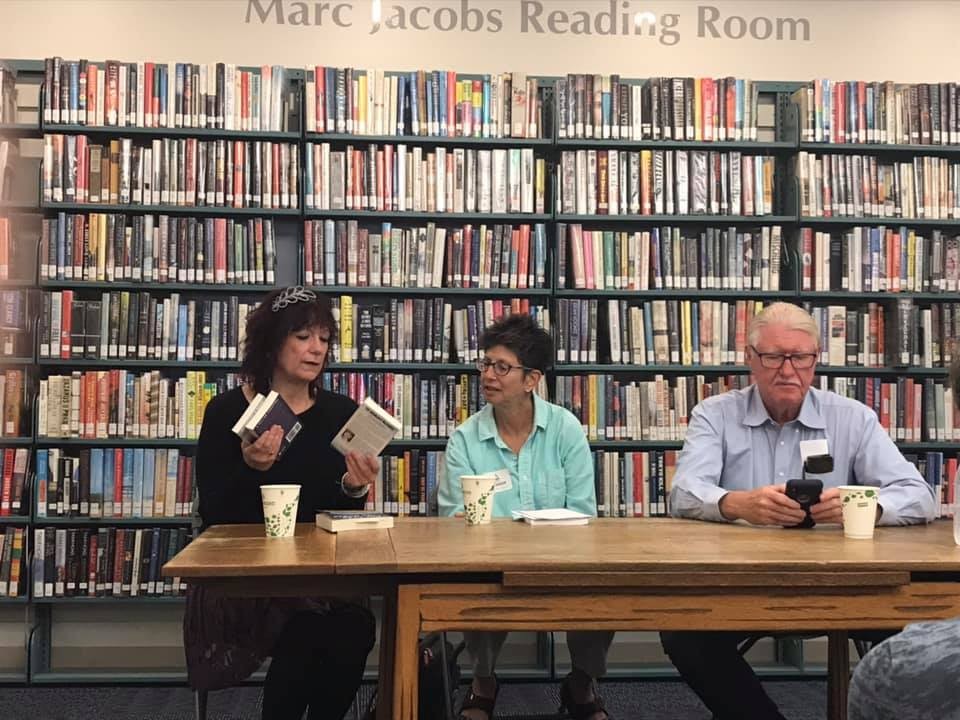
As always, we appreciate you sharing your insights and we’ve got a few more questions for you, but before we get to all of that can you take a minute to introduce yourself and give our readers some of your back background and context?
Before I could write, I read. Days were too short; I was the child with the flashlight under the covers at night, aching for “just a few more pages.”
I wrote my first novel when I was eight years old. It was absolutely terrible, of course. But it did tell me this was something I was compelled to do. My elementary-school teachers were apparently unanimous in noticing it, as well: they consistently complained of my daydreaming in class—and consistently noted my ability to write compellingly.
I’ve taken a few wrong turns in my career and have wasted some time along the way, but even then my writing practice was the most important part of my world; that has never changed. What has changed, I’d say, is my understanding that it’s the most important thing I can *give* the world as well. Studies show what a lot of us knew intuitively—that stories encourage or even create empathy in readers. Once you’ve felt that, once you’ve allowed yourself to enter fully into someone else’s life, then you can’t see them as “the other” anymore. And that translates from the page into real life. So in a sense, writing is my activism.
My poetry—also something I started early on with predictably angsty stuff as a teenager—is considered dark by many, but it too tells stories, it too is about empathy. Novelist and poet Marge Piercy once told me I have an amazing ability to be inside and understand someone else’s life, and I take that as the highest compliment. I want to pass that on to as many people as I can. It really can change the world.
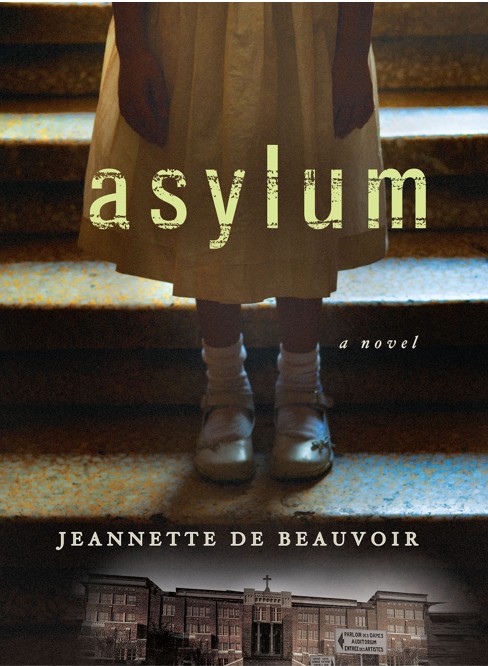

We’d love to hear a story of resilience from your journey.
Any artist who has shared their work with others has resilience. We wouldn’t still be here otherwise.
That’s a bit of a facile answer, I know; but it’s true. To put your work out there is to invite rejection. If I’d kept them, I could paper the walls and ceilings of my cottage with my rejection letters. Often we’re rejected for reasons that have nothing to do with the quality of our work—the editor was having a bad day, the publisher was about to put out a similar book, the literary journal was looking for a different voice. Sometimes we’re rejected because the work simply wasn’t good enough—and we have to be resilient (and humble!) enough to recognize that and work harder.
There’s one other reason for being rejected. Many of us are saying things that others don’t want to hear, Toni Morrison has written, “I’m just trying to look at something without blinking,” and writing like that is both essential and dangerous. It’s easy to lose your way when others are criticizing what you do. You need determination, and hope, and resilience to get through.
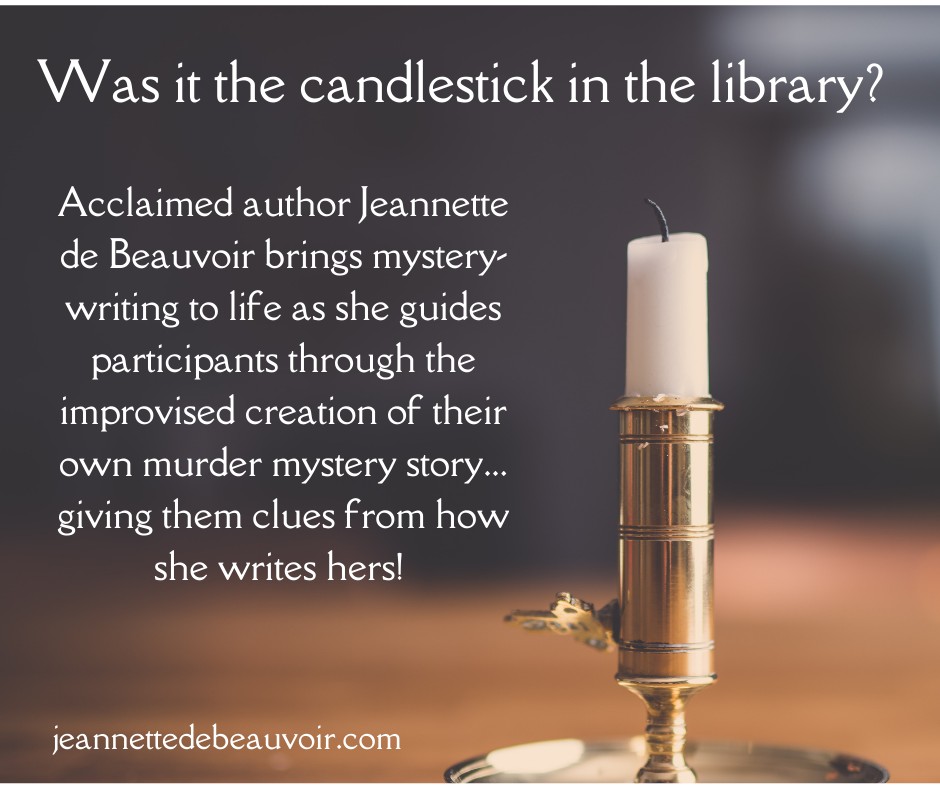
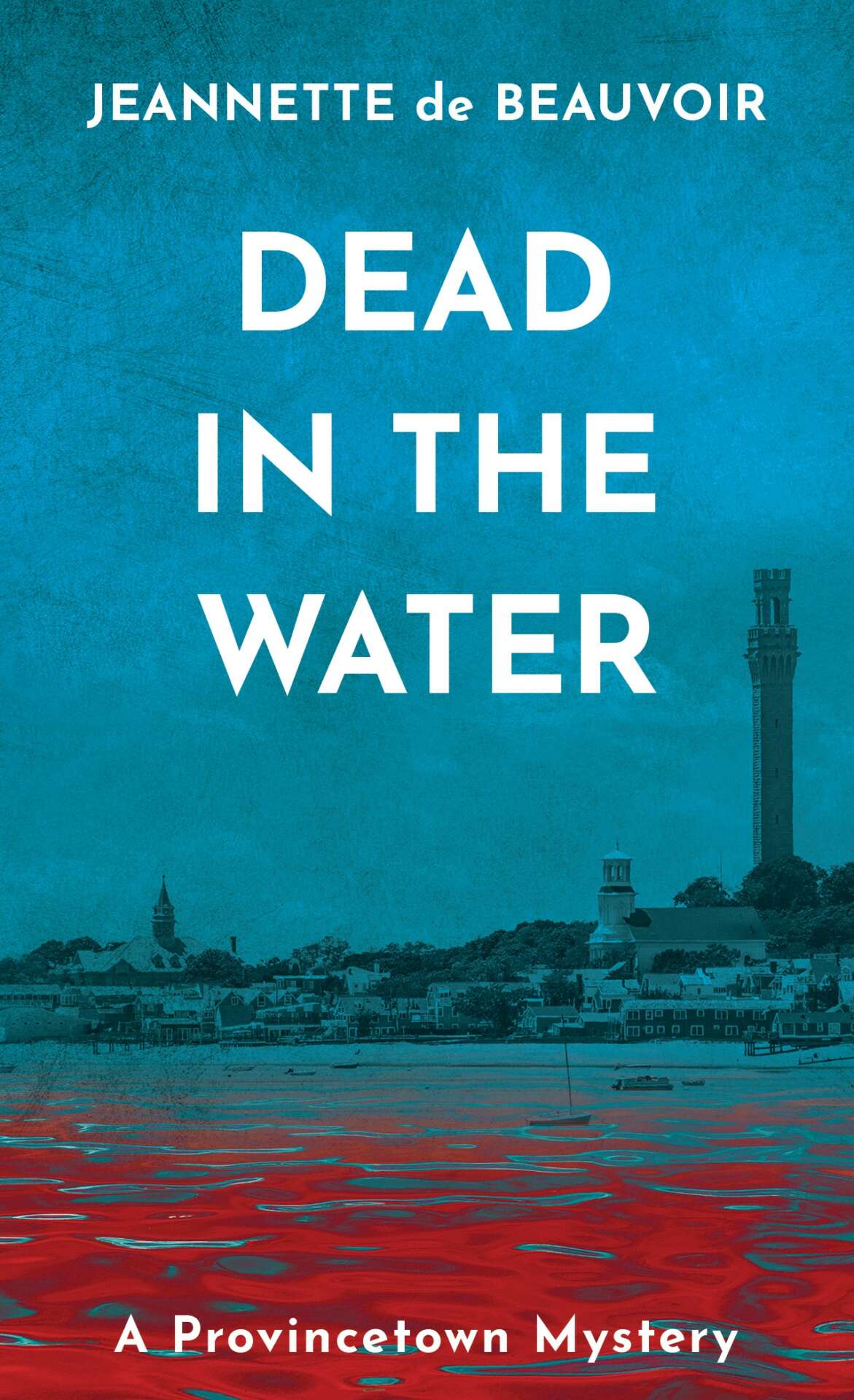
For you, what’s the most rewarding aspect of being a creative?
What I do is this: I sit in a room and write. That’s what it really comes down to, all the ideas and thoughts and experiences that make up one’s practice are distilled into just that: I sit in a room and write. (And as any writer will tell you, that’s also the hardest thing, keeping the seat of your pants in the seat of your chair!)
I throw words out into the world and pray they’ll find their way to someone who needs to hear them. I pray that they somehow will matter to someone. But usually I don’t know, because what I do is sit in a room and write.
Once in a while, though, something happens to give new energy to the practice. The fellow who complained on social media that he’d stayed up way too late reading one of my novels because he couldn’t put it down. The woman who stopped me at a café to tell me she remembered a poem I’d read five years earlier that had touched her so much she remembered both it and me.
People will tell you the reward is in the work itself, the practice, the craft. I won’t disagree with that—I would rather write than do almost anything else. But the reward, the true reward, is in touching people’s lives, perhaps even changing their worldview ever so slightly… or even in simply giving them good entertainment. No matter how it happens, no matter what it does for the reader, my work has gone far beyond myself. It has flown over continents, moved through translations, brought a lump in someone’s throat, someone I will never meet, but someone I’ve touched.
If that isn’t the highest of highs, the most rewarding thing imaginable, I don’t know what is.
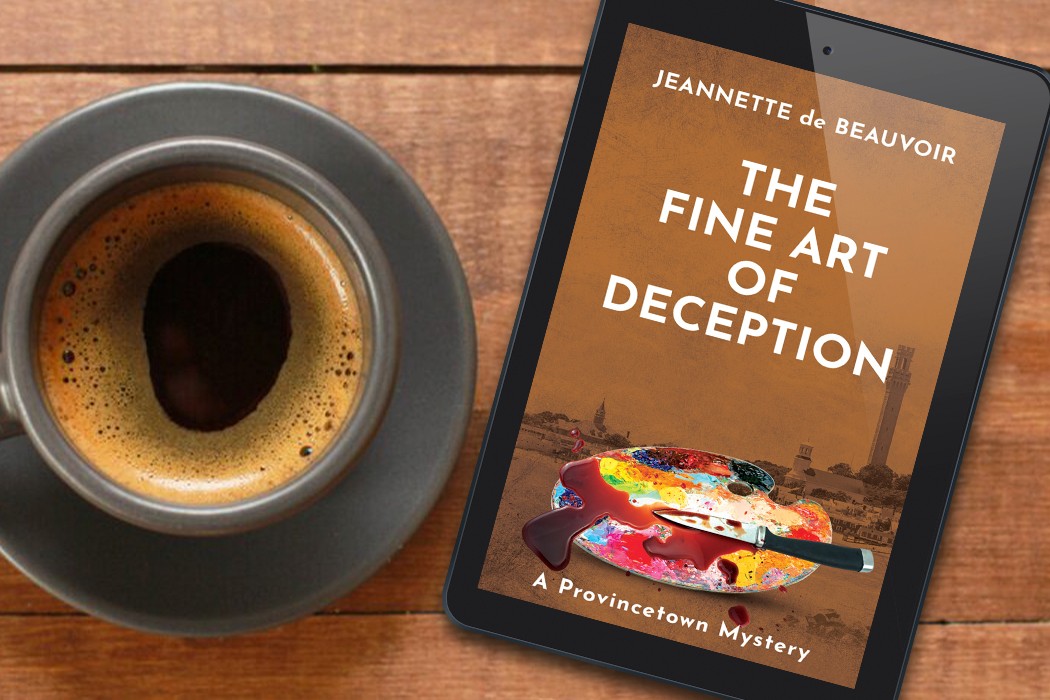
Contact Info:
- Website: https://www.jeannettedebeauvoir.com
- Instagram: https://www.instagram.com/jeannettedebeauvoir/
- Facebook: https://www.facebook.com/JeannettedeBeauvoir/
- Linkedin: https://www.linkedin.com/in/jeannettedebeauvoir/
- Youtube: youtube.com/@JeannettedeBeauvoir


